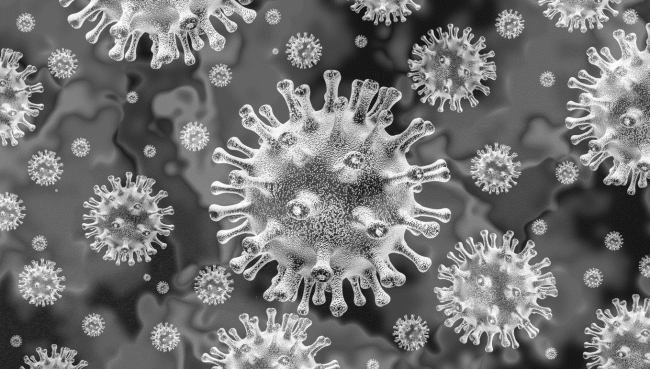Archives
Stay up-to-date and on top of your health with our e-Newsletter and receive updates on current treatments and vital health issues.
Coronavirus Update – Preventing the Spread Remains Paramount

Information regarding Coronavirus continues to change rapidly. As we know, the significant outbreak in the City of Wuhan and surrounds in China has now spread to a further 144 countries. The total number of cases worldwide now stands at over 145,000, with almost 5,500 deaths.
The countries accounting for the greatest numbers in decreasing order are: China (80,000) , Italy (17,000) , Iran (11,000) and South Korea ( 8000) , with Spain, Germany, France, the US and Switzerland all reporting between 1,000-5,000 cases. By comparison, Australia has been relatively protected, with under 200 cases so far reported and only 3 deaths, all of whom were of advanced age. Australia finds itself ranking as the 22nd country on a list of total number of cases reported worldwide. More reassuringly, Australia ranks as 35th on a country list of total cases per 1 millionth of the population. The incidence of Covid-19 in Australia currently sits at 7.8 cases per million, translating to a very low risk for all. In relative terms, Australia’s response has been rapid and effective.
Nevertheless, vigilance for early detection of new cases continues to be the best way to continue to contain the spread, so that our health system can continue to cope effectively with new cases as they arise, and hence why Australia’s mortality rate at 1.5%, fairs so well, compared with Italy’s mortality rate of approximately 7%. Italy’s high mortality is also in part attributable to its greater ageing population demographic compared with our own here in Australia.
Authorities believe that the total case numbers may be 3-4 or more times greater than what is currently reported across the globe, including in Australia, as a result of infection in either asymptomatic or extremely mildly symptomatic individuals.
As was believed from the very inception of the disease, many of those infected will only experience mild symptoms, however the virus can also cause more severe symptoms leading to fatal complications in vulnerable individuals with chronic disease, immune deficiency, the elderly and the very young
At-risk criteria raising suspicion include:
- Recent Overseas Travel and Fever or Respiratory symptoms including cough, shortness of breath and sore throat
- Close contact with a Covid-19 infected individual
- Any health care worker with Fever or Respiratory symptoms such as sore throat, cough, or shortness of breath, irrespective of recent overseas travel history.
An incubation period is the period of time during which an individual may be carrying the virus but not yet showing symptoms or signs of the disease. The incubation period for the coronavirus appears to be up to 14 days. It is believed one is most contagious from the onset of symptoms, but it remains unclear as to how long prior to symptom onset, one could be contagious.
In its aim to curtail the spread of coronavirus in Australia, government officials have now shut down flights coming in from the 4 most affected countries, and have recommended cancellation of any gatherings involving 500 or more individuals, as well as cancellation of any conferences or gathering of health care and critical care workers, so as to ensure the health workforce remains at full capacity. Here in Victoria, there are 12 screening clinics that have been established. You don’t need to call ahead if you attend one of the following clinics, but restraint is called for in limiting presentations to those considered at-risk:
- The Alfred Hospital
- Albury Wodonga
- Austin Hospital
- Barwon Health – Geelong
- Box Hill Hospital
- Monash Clayton
- Northern Hospital.
- Peninsula Health – Frankston
- The Royal Melbourne Hospital
- St Vincent’s Hospital Melbourne
- Sunshine Hospital
- Wonthaggi Hospital.
If you have recently returned from Overseas and develop respiratory symptoms similar to those of a common cold, or have been in contact with someone infected with coronavirus, please present to one of the testing centres above as soon as possible and wear a mask if you have one. Do not travel on public transport or attend any public places.
Regardless of whether you have travelled recently, the best way to protect yourself is the same as you would for any respiratory infection. Practice good hygiene by:
– Making sure to clean your hands thoroughly for at least 20 seconds with soap + water or alcohol-based hand rub
– Cover your nose and mouth when coughing and sneezing
– Avoid close contact with anyone with cold or flu-like symptoms
Face masks are not recommended for the general population. However individuals with symptoms should wear a surgical face mask to reduce the risk of transmission whilst seeking medical advice.
If you have any questions regarding your health or concerns regarding coronavirus please contact your doctor as soon as possible.